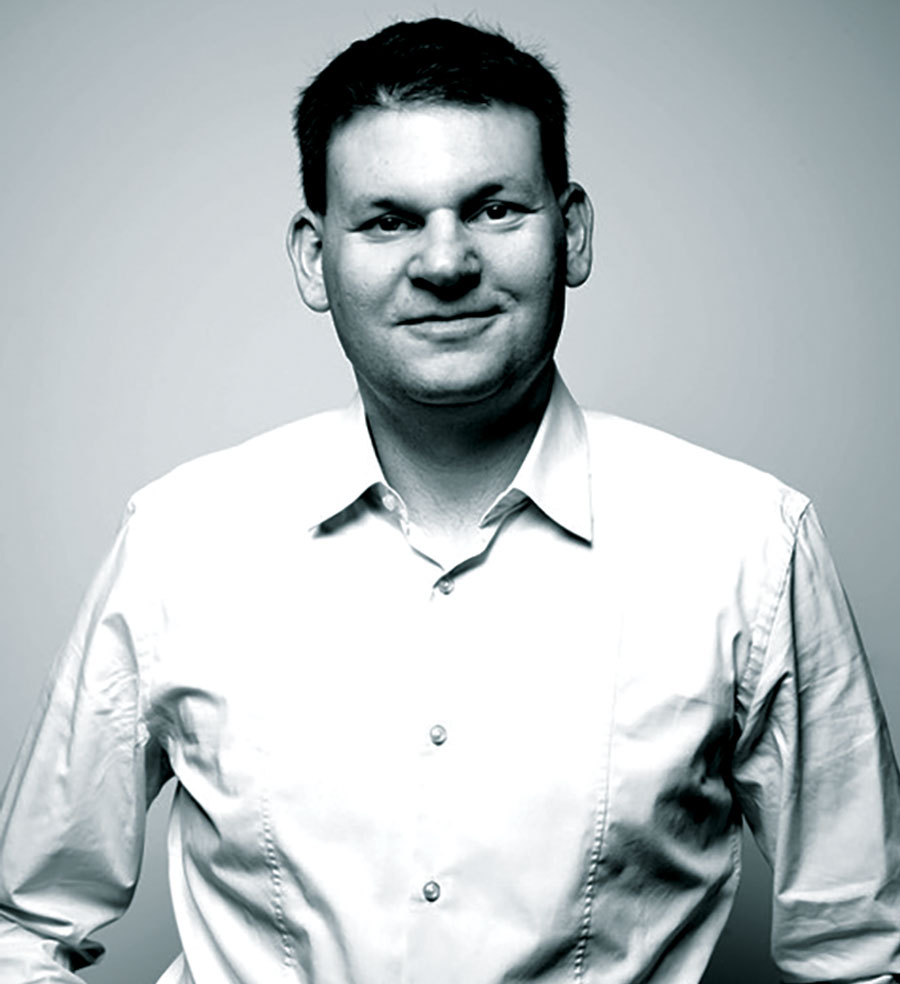Technology and Society
SPECIAL BRANDED FEATURE


research institutes and think tanks already contribute to the fields of foreign policy, economic policy or environmental policy in Germany. Issues related to new technologies, however, lack comparable expert organizations. The Berlin based Stiftung Neue Verantwortung (SNV) fills this gap in the landscape of German institutes and think tanks. Our work ranges from cybersecurity and cyber-diplomacy to questions regarding the impact of technologies on the future of work. We study the challenges associated with a data-driven economy, examine the tension between digital rights and national security, and develop new ideas how digital technologies can foster the transition to green energy. And we investigate how artificial intelligence has emerged as a key technology that poses new challenges for international cooperation and competition.
The field of technology does not only need new think tanks with specialized expertise but also a new model for think tanks. We live in an era of rapid technological change. The Internet and digital technologies challenge governments around the globe in fundamental ways. Today new digital products and services can be rolled out instantly to billions of users around the globe. Whether it is the emergence of crypto-currencies, digital disinformation or new cybersecurity risks, governments are struggling to quickly grasp the implications of new technologies in order to harness its opportunities and address the risks.
To effectively respond to these challenges requires a different approach to policy-making: an approach that focuses on collaboration and dynamic testing and development of analyses and policy-proposals. At SNV we have developed methods for collaborative and iterative policy-development to address fundamental challenges of technological change. We bring together experts from government, academia, civil society, and tech companies to test and further refine our analyses and ideas. This collaborative working method allows for different perspectives to participate in the process early on, impracticable ideas to be quickly discarded, and policy proposals to be developed that governments and other stakeholders can actually work with. Many political issues associated with new technologies are cross-sectional issues that change at a rapid pace. The combination of expertise from different sectors and communities, continuous testing of ideas and speed thus forms the core of the organization.
Many technology issues do not only cut across different sectors but also across borders. We work on the national and international level. And for our projects and publications we prioritize agility and speed. We believe that it is important to publish quickly in order to move the debate forward and help governments and other stakeholders to understand emerging challenges and to find solutions.
Working with experts from different sectors and backgrounds through SNV’s collaborative platform for policy-development requires a non-profit funding model that ensures the independence of our work. Our work is funded by a variety of different sources that include foundations, public sector institutions, and businesses.

STEFAN HEUMANN is a Member of the Management Board and Co-Director.
Stefan has worked and published on a wide range of issues at the intersection of technology and public policy. Currently, his work focuses on government strategies and policies addressing the economic, social, and political implications of Artificial Intelligence.
Stefan is a member of the German Parliament’s Expert Commission on Artificial Intelligence. He is also a member of the advisory board of technology policy assessment of the German National Academy of Science and Engineering (acatech). He was also a member of the extended expert network of the EU High-Level-Group on Artificial Intelligence. Stefan also holds a PhD from the University of Pennsylvania.

STEFAN HEUMANN is a Member of the Management Board and Co-Director.
Stefan has worked and published on a wide range of issues at the intersection of technology and public policy. Currently, his work focuses on government strategies and policies addressing the economic, social, and political implications of Artificial Intelligence.
Stefan is a member of the German Parliament’s Expert Commission on Artificial Intelligence. He is also a member of the advisory board of technology policy assessment of the German National Academy of Science and Engineering (acatech). He was also a member of the extended expert network of the EU High-Level-Group on Artificial Intelligence. Stefan also holds a PhD from the University of Pennsylvania.

